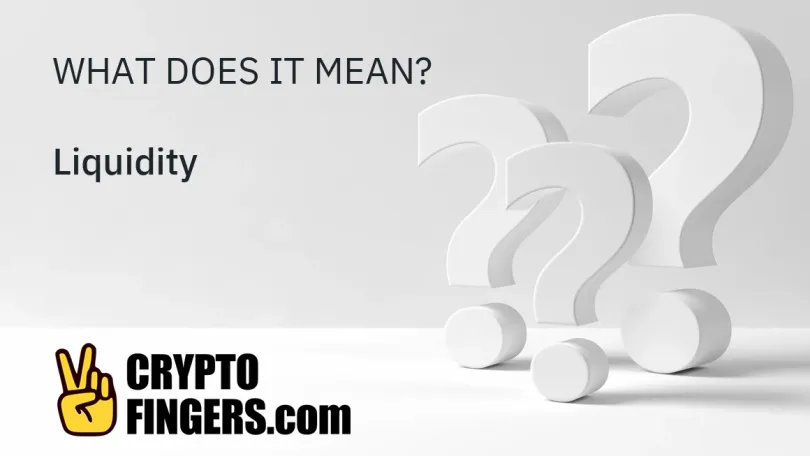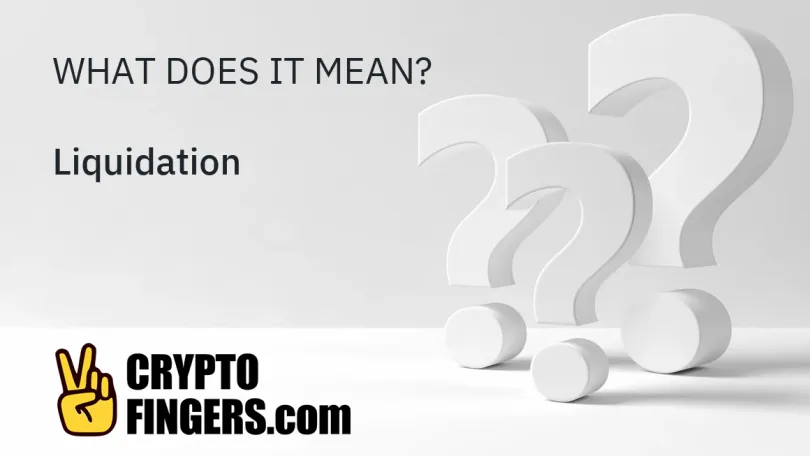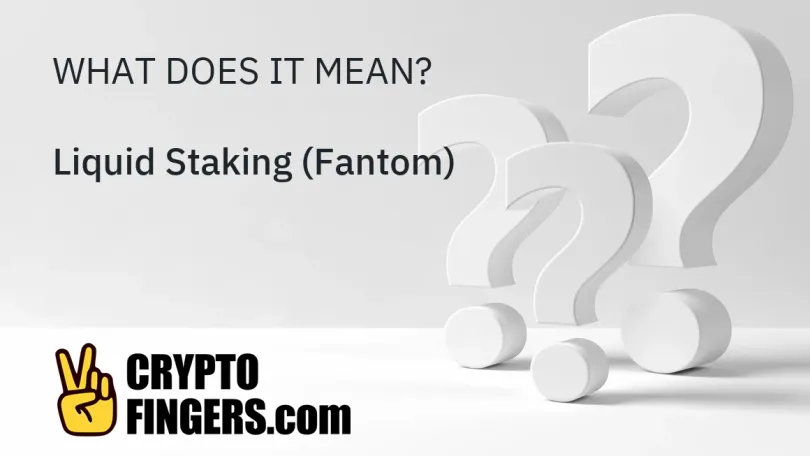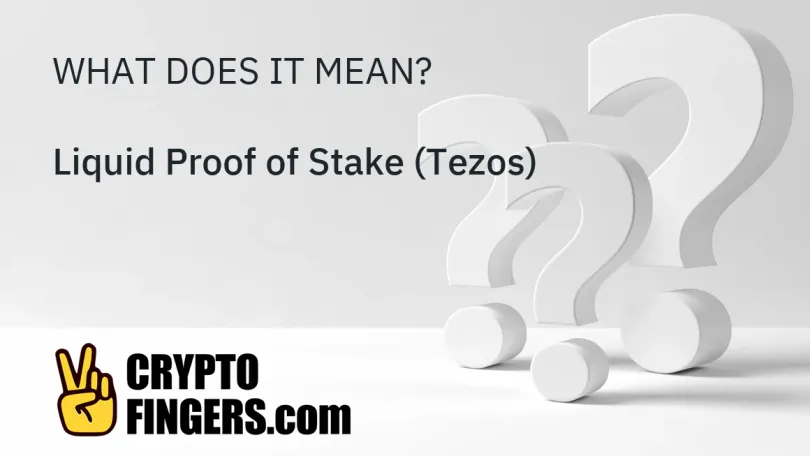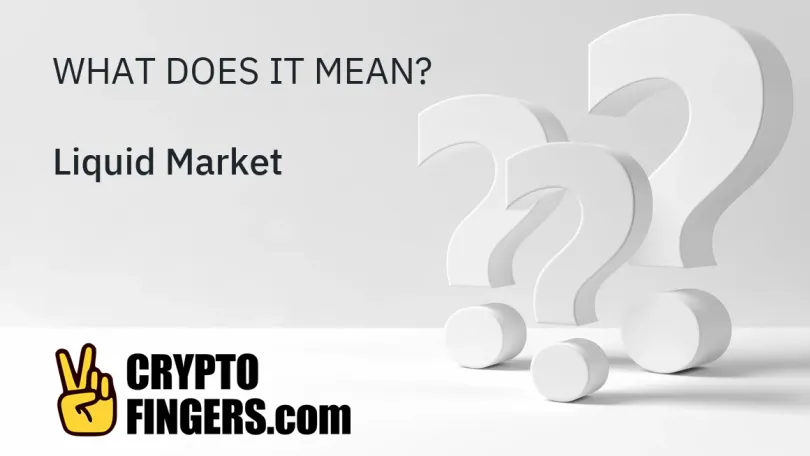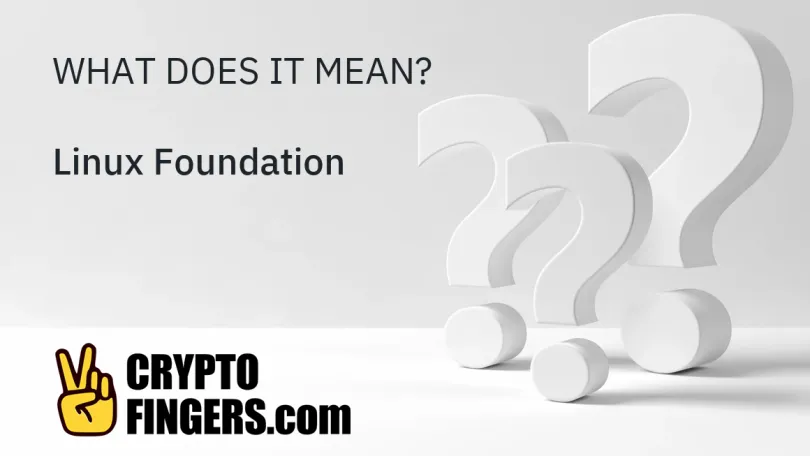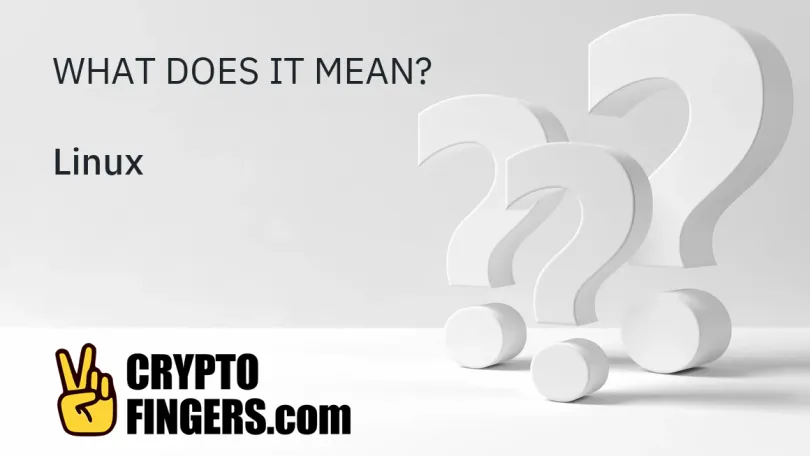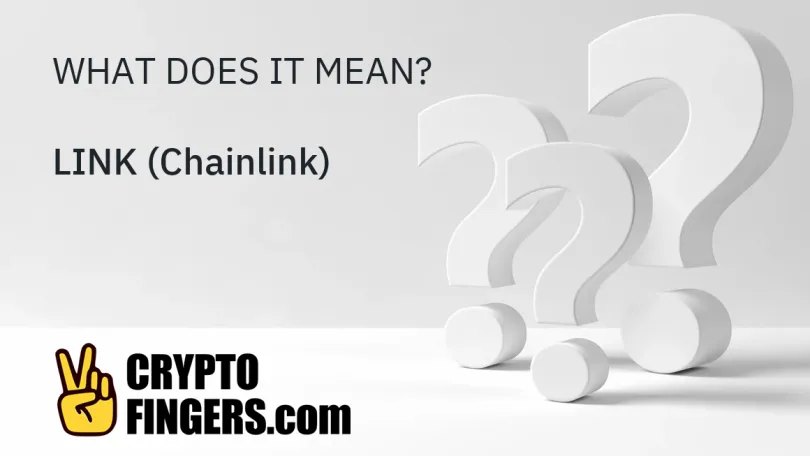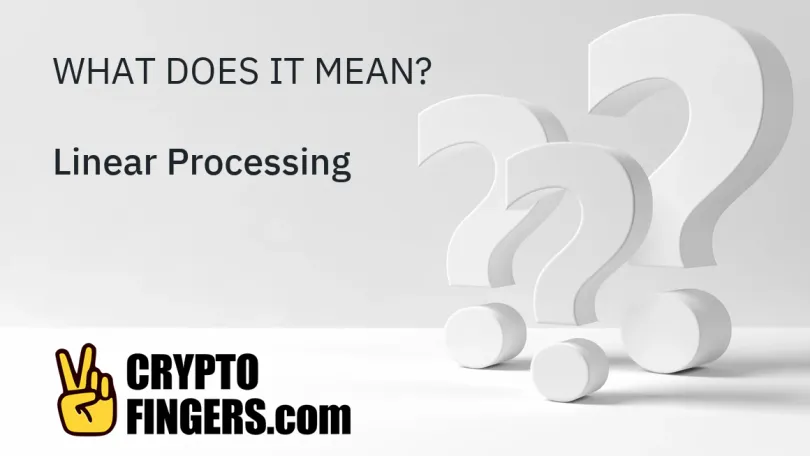⁝⁝⁝
Articles by Daniel Rivera
In regards to an asset, liquidity refers to the ability to exchange an asset without substantially shifting its price in the process, and the ease with which an asset can be converted..
The term liquidation refers to the process whereby a trader has an open leveraged position – often via a futures contract – that goes against their intended goal, resulting in the loss..
Liquid Staking is a feature that allows stakers to mint the sFTM coin on a 1:1 ratio to their staked FTM coins, in order to provide collateral in Fantom Finance, which is a suite of Fantom..
Liquid Proof of Stake (LPoS) is a consensus mechanism modeled after the concept of liquid democracy. Liquid democracy is a system that allows individuals to both vote directly on issues..
A liquid market is a market that possesses strong liquidity. Liquidity refers to the ability to buy or sell an asset at the current market price without affecting it. Orders on liquid..
The Linux Foundation is a nonprofit consortium based in San Francisco that is dedicated to facilitating the growth of the Linux operating system (OS) and open-source software development..
Linux is an operating system which was originally built and designed by Finnish computer scientist Linus Torvalds in 1991. Linux is famous in technological circles because of its robust..
LINK is an ERC-677 token that is the native token of Chainlink's decentralized network of oracles. It is used to reward node operators for providing external data to smart contracts..
Linear processing is a way of processing data in a straight line on a computer infrastructure or a distributed blockchain network. Linear processing typically processes one computation..
A limited purpose trust charter is a specialized license issued by a U.S. state government which enables the receiving company to perform a specific set of functions, such as acting as..
⁝⁝⁝
Trending news
- Artificial Intelligence (AI)
- Altcoins
- Bitcoin
- DeFi
- Ethereum
- Economy
- Market and Events
- Metaverse
- Mining
- NFT
- Regulation
- Web3
- show less
⁝⁝⁝ Test your knowledge














